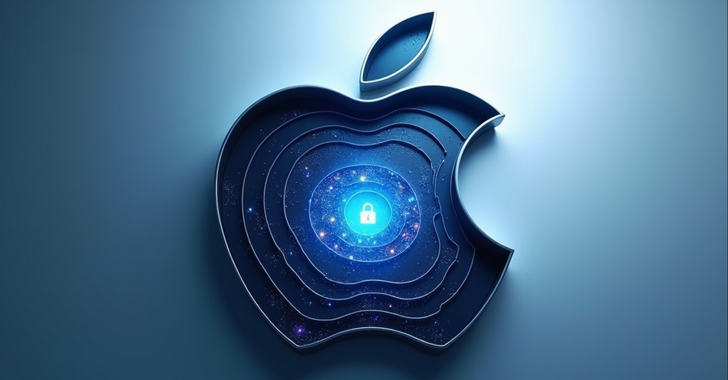Apple Unveils Private Cloud Compute for Enhanced AI Security
Published on: October 25, 2024
By: Ravie Lakshmanan
Tags: Cloud Security / Artificial Intelligence
Apple has taken a significant step forward in the realm of artificial intelligence and cloud security by launching its Private Cloud Compute (PCC) Virtual Research Environment (VRE). This initiative not only aims to bolster security but also invites the research community to scrutinize and verify the privacy and security measures its infrastructure promises.
Launched earlier this June, Apple’s PCC is touted as “the most advanced security architecture ever deployed for cloud AI compute at scale.” The technology seeks to enhance user privacy while processing the complex requests demanded by Apple Intelligence through cloud computing.
Invitation to Researchers
In a bid to promote transparency and foster innovation, Apple has extended an open invitation to all security and privacy researchers—along with tech enthusiasts—to explore and validate the claims behind PCC. The company is encouraging independent assessments, underscoring its commitment to security.
To incentivize this exploration, Apple has expanded its Apple Security Bounty program to encompass the PCC. Financial rewards will range from $50,000 to $1,000,000 for researchers who uncover vulnerabilities, making it a lucrative opportunity for cybersecurity experts.
Tools and Accessibility
The VRE is designed specifically to equip researchers with various tools necessary for analyzing PCC from a Mac environment. It features a virtual Secure Enclave Processor (SEP) and utilizes macOS’s built-in capabilities for paravirtualized graphics, ensuring smooth inference capabilities.
Moreover, in a move to facilitate deeper analysis, Apple is making some components of PCC available on GitHub, including CloudAttestation, Thimble, splunkloggingd, and srd_tools. This transparency aims to turbocharge independent research and enhance the collective understanding of the platform’s security posture.
Why This Matters
Apple’s endeavor to provide verifiable transparency sets it apart from other server-based AI solutions, especially in an era where concerns over privacy and security are paramount. As research evolves within generative AI, risks related to potential exploits, such as unintended outputs and jailbreak vulnerabilities, become pressing issues.
Recent studies have highlighted various tactics that malicious actors may employ, including “Deceptive Delight,” where attackers manipulate AI chatbots into bypassing security filters by cleverly framing inquiries. Furthermore, attacks like ConfusedPilot and techniques to implant backdoors within machine learning models signal a growing need for robust security measures.
A Friendly Reminder: Stay Secure
In the broader landscape of cybersecurity, it is crucial to remain vigilant and informed. Apple’s proactive approach serves as a call to action for individuals and organizations alike to prioritize security and engage with cutting-edge technology responsibly.
The AI Buzz Hub team is excited to see where these breakthroughs take us. Want to stay in the loop on all things AI? Subscribe to our newsletter or share this article with your fellow enthusiasts.




